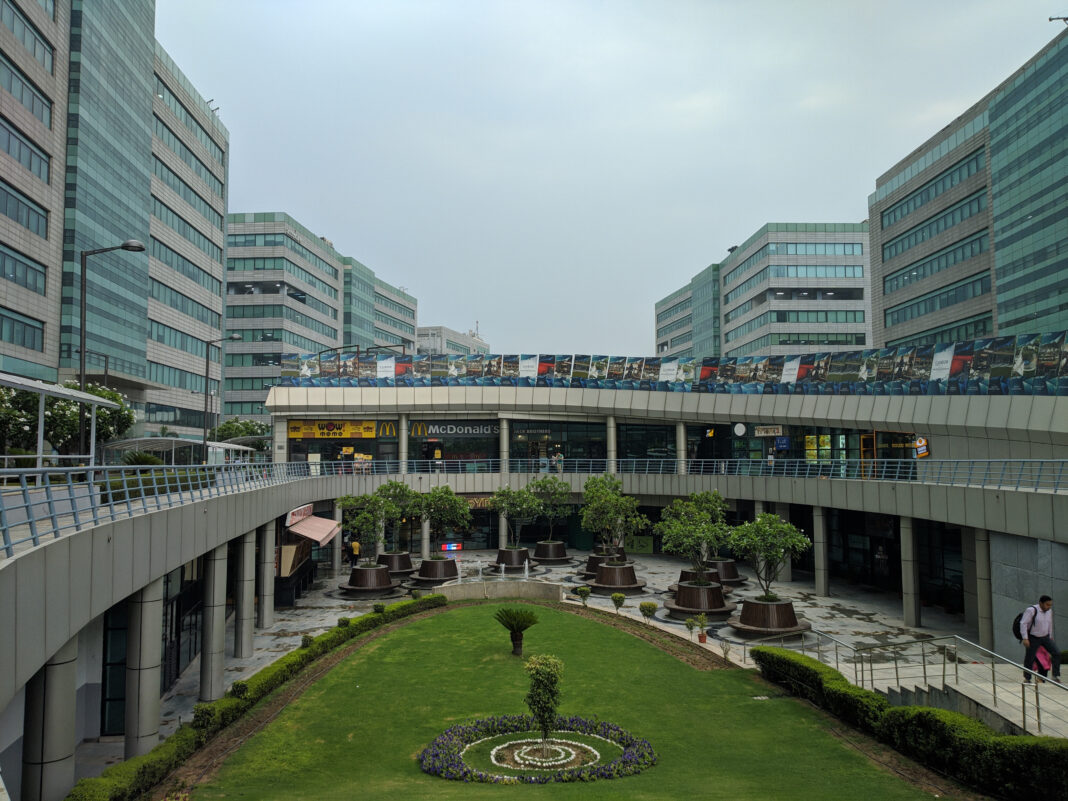by Emanuele Giordana
A decision by the Punjab and Haryana High Court has put an end for the time being, to a programme of house and shop demolitions targeting Muslims in the Indian State of Haryana. A practice by which the authorities of the states governed by the BJP, the ruling party of Prime Minister Narendra Modi, punish those allegedly guilty of communal violence: a guilt that cyclically falls on Muslims.
The Indian judiciary appears to be restoring a sense of order within the political turmoil that has engulfed India since the ascent of Prime Minister Modi’s ultra-nationalist party in 2014. This party has been active in redressing grievances against communities not aligned with the Hindu faith, which forms the foundational basis of the nationalism espoused by Modi’s Bharatiya Janata Party. This conservative and identity-driven party has a history of discriminatory behavior towards minority groups. Seven August court’s ruling halted a destructive rampage that, according to Al Jazeera, led to the demolition of at least 300 shops and homes and over 150 arrests. However, official sources have yet to provide comprehensive figures on the extent of the so-called ‘bulldozer vengeance.’ But the judges of Haryana want to see it clearly: “There is also the question – they have asked themselves – whether buildings belonging to a particular community are being demolished on the pretext of a law and order problem or whether the state is carrying out an exercise of ethnic cleansing.”
The demolitions, which began last Thursday in the Nuh district of the Haryana State, followed incidents that occurred on the last night of July when Hindu ultranationalists set fire to a mosque in Gurugram (Gurgaon), a Hindu-majority city near New Delhi, killing the 22-year-old naib (deputy imam) Mohammad Saad who was inside. The attack came just hours after the first communal violence broke out in the nearby Nuh district. According to reconstructions still under investigation, the clashes began after a procession organised by the well-known far-right Hindu group Vishwa Hindu Parishad (VHP) and its youth wing – Bajrang Dal – reached the Muslim-majority district of Nuh, about 85 km from the capital and just south of Gurugram.
The two groups claimed to have been the target of a stone-pelting attack, inflaming tensions in an area where Muslims make up almost 80% of the 280,000 population. At that point, the chain of violence allegedly reached Gurugram, the city of 180,000 residents in the same-named district further to the north. But on 7 August, the rule of law prevailed over what might seem like the worst of Israel’s traditions. The district administration’s demolition campaign in the Nuh area was thus halted on the orders of the district’s deputy commissioner, Dhirendra Khadgata, who enforced a court order.
The atmosphere in India has become increasingly tense following a series of laws and actions (such as demolitions) promoted by the Hindu far right. Among the many controversial decisions is the one that, on 5 August 2019, abrogated Articles 370 and 35A of the Constitution, which granted the State of Jammu and Kashmir (J&K) – with a Muslim majority and a disputed border with Pakistan – special status and extensive autonomy. It ceased to be a ‘State’ and became a ‘union territory’ administered by Delhi. The abolition also ended the rule that prohibited non-Kashmiris from acquiring property in J&K.
On the cover photo: The Haryana High Court (India) © Ankit95/Shutterstock.com
























